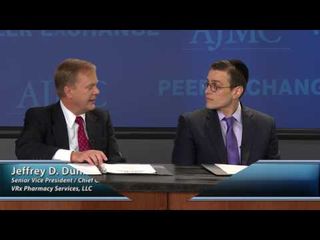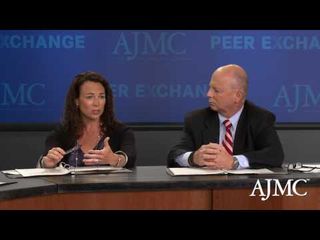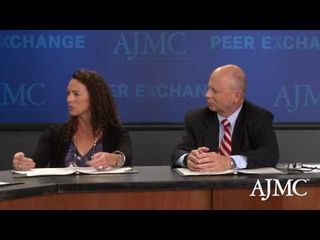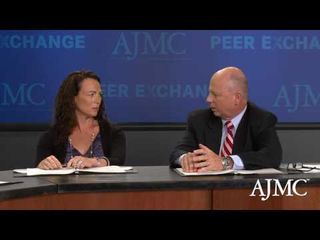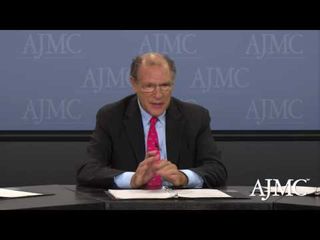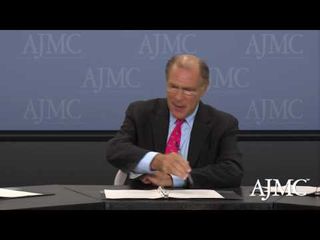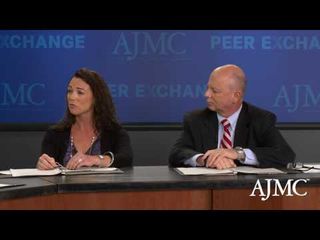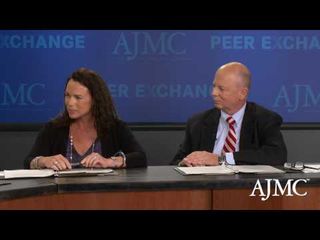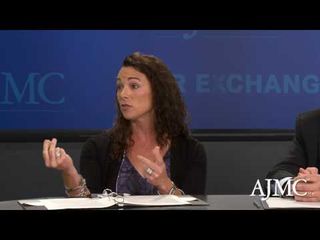
Rare Disease
Latest News
Latest Videos

CME Content
More News

For patients with polycythemia vera (PV), there are no differences in recommendations for preventing complications when using ruxolitinib than for myelofibrosis (MF).

Lametra Scott, PharmD, CCHP, CEO of Breaking The Sickle Cell Cycle Foundation Inc discusses the current standard of care in sickle cell disease (SCD) and the unmet needs facing patients.

A group of patient advocacy organizations released their 100-day agenda for the next president.

Lametra Scott, PharmD, CCHP, CEO of Breaking The Sickle Cell Cycle Foundation Inc, discussed the pathophysiology of sickle cell disease (SCD) the dangers of leaving it untreated.

Findings from a retrospective analysis support the use of splenectomy for patients with progressive disease and large splenomegaly.
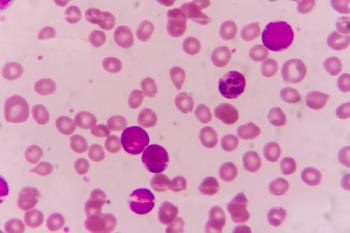
Their study outlines several treatments being investigated for the treatment of patients with myelofibrosis and other myeloproliferative neoplasms, generally after they have become resistant or intolerant to Janus kinase inhibition.

New findings from a small study are suggesting that time to leukemic transformation may be driven by distinct time-dependent molecular mechanisms.

Results from a large international survey indicated that depression worsened the systemic symptom burden for patients.

Orphan drug spending to treat rare conditions in children is increasingly burdening payers and families, a recent study said.

Researchers identified 3 groups with distinctive patterns of overall survival (OS), among which they determined additional prognostic value in patients with <5% bone marrow blasts.

The study of over 8000 patients with myeloproliferative neoplasms (MPNs) also found that these patients were 40% more likely to have a prior diagnosis of inflammatory bowel disease (IBD).

Historically, there has been a lack of understanding around clinical and laboratory features and prognostic factors for children with myeloproliferative neoplasms (MPNs), as MPNs are especially rare in this patient population.

Based on assessments of ropeginterferon alpha-2b in a real-world setting, researchers highlighted the safety, tolerance, and efficacy of the treatment in Philadelphia-negative myeloproliferative neoplasm (MPNs).

In a review of the polycythemia vera (PV) landscape, researchers outline new perspectives in the diagnosis, prognosis, and treatment of the disease.

Both neurofibromatosis type 1 (NF1) and Tuberous Sclerosis Complex (TSC) share similar types of manifestations; researchers hypothesized that the tool would be useful for NF1 in addition to TSC.

Researchers assess the psychosocial impact of allogeneic hematopoietic stem cell transplantation, particularly how preparing patients can assist in guiding health care providers in offering better care.

As rare disease registries to assess orphan drugs are mainly established by the pharmaceutical industry, researchers argued post-marketing registries, functioning as marketing tools, have an underestimated influence on clinical practice.

Sanofi and GSK begin human trials for their COVID-19 vaccine; steroids prove effective in severe COVID-19 cases; a drug combination poses a breakthrough in ALS treatment.

The results, indicating that ruxolitinib may be a promising option for children with steroid refractory advanced graft-versus-host disease (aGVHD), would need confirmation from a larger trial.

Researchers discuss the case of a 32-year-old patient who is being treated with ruxolitinib over a period of years to treat steroid refractory graft-versus-host disease.

A recent report illustrates how advances in allogeneic hematopoietic stem cell transplantation (HSCT) have impacted the outcomes of children with severe acute graft-versus-host-disease.

Ruxolitinib plus etanercept showed positive results for the treatment of steroid-refractory severe acute graft-versus-host disease.

Satralizumab is the third drug to be approved by the FDA for neuromyelitis optica spectrum disorder (NMOSD).
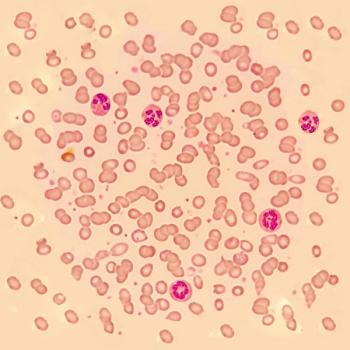
An adolescent boy went to his physician with a headache that got worse with physical activity. Testing showed autoimmune myelofibrosis.

A real-world study showed that ruxolitinib is a safe treatment for patients with myelofibrosis.




